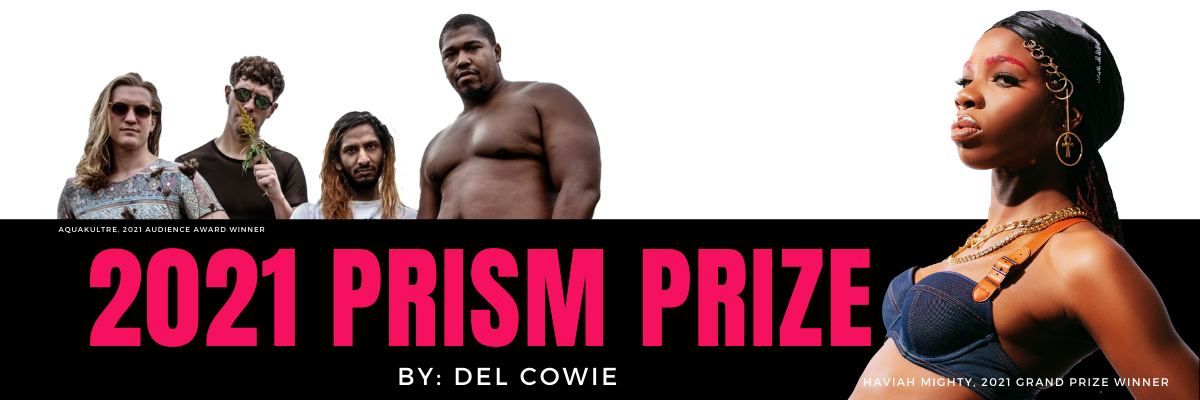Now in its ninth year, the Prism Prize continues to celebrate artistry and excellence in Canadian music videos recognizing the fruits of the creative collaborations of innovative directors with trailblazing musical talent.
Much of the pomp and circumstance around the Prism Prize understandably surrounds the gala presentation, where the Audience Award and the Grand Prize for the best Canadian music video of the year are handed out. However, the recognition also bestowed on music video creatives via a group of special awards, which include the Lipsett Award, Willie Dunn Award (supported by Telefilm Canada), Hi Fidelity Award and the Special Achievement Award (presented by Slaight Music), casts a wider lens on Canadian music video trends.
And in a year that has fundamentally challenged the undergirding of societies globally, it is fitting that the gathering and rallying of collective communities emerged as a compelling counter narrative to these widespread challenges in the honoured visual work.
Accordingly, the winner of the 2021 Grand Prize embodies these themes. Toronto-based rapper Haviah Mighty was declared the winner during the July 26th virtual presentation for her video “Thirteen.” The track is ostensibly the title track to Mighty’s 2019 album 13th Floor, which takes on a deeper meaning in the wake of the racial reckoning that emerged in the wake of the death of George Floyd. A reference to the U.S. Constitution’s 13th amendment which abolished slavery, yet allowed a loophole via criminal punishment, “Thirteen” is a lyrically powerful track dealing with the historical legacy of slavery and the present-day racial dimensions of the prison industrial complex. The animated video clip for the song, directed by Theo Kapidistrias, vividly brings Mighty’s impassioned words to life. “Thirteen as a song feels very much like a history lesson and I think I very much sound like the narrator of that lesson,” says Mighty describing the song to the Academy. “So, to accompany that, with visuals that kind of guide you along the storyline and take you through eras of time and make you feel like you’re on this heartbreaking journey I think is something that the video really adds to the song.” The effect of that heartbreaking journey is something that Mighty has witnessed first hand.

“I’ve seen people cry after watching it, or be really enthralled by the message and want to watch it again and again,” she says. “Overall, people seem taken aback by the amount of information in the video, and how quickly that information is being conveyed. When I first released the song, I got similar reactions to the audio alone – which tells me that the video is the perfect accompaniment to the song.”
The winner of the 2021 Audience Award was “Pay It Forward” by Halifax R&B artist Aquakultre aka Lance Sampson. The simple, yet affecting clip, co-directed by Sampson and Evan Elliott, features Aquakultre walking down the street performing a series of good deeds for less fortunate Haligonians, literally giving the clothes off his back to help others in images that resonate at a time when society’s inequalities have been unavoidably laid bare by a global pandemic. Aquakultre eventually reaps the rewards for his selfless acts in a show of authentic community unity. “The visual kind of solidified what the song was about,” Aquakultre told the Academy in describing the video. “You do a good deed and that person does three good deeds and that person does three good deeds, [leading to] the whole world doing good deeds. [It’s about] the energy you put into the world kinda coming back to you in the end.”
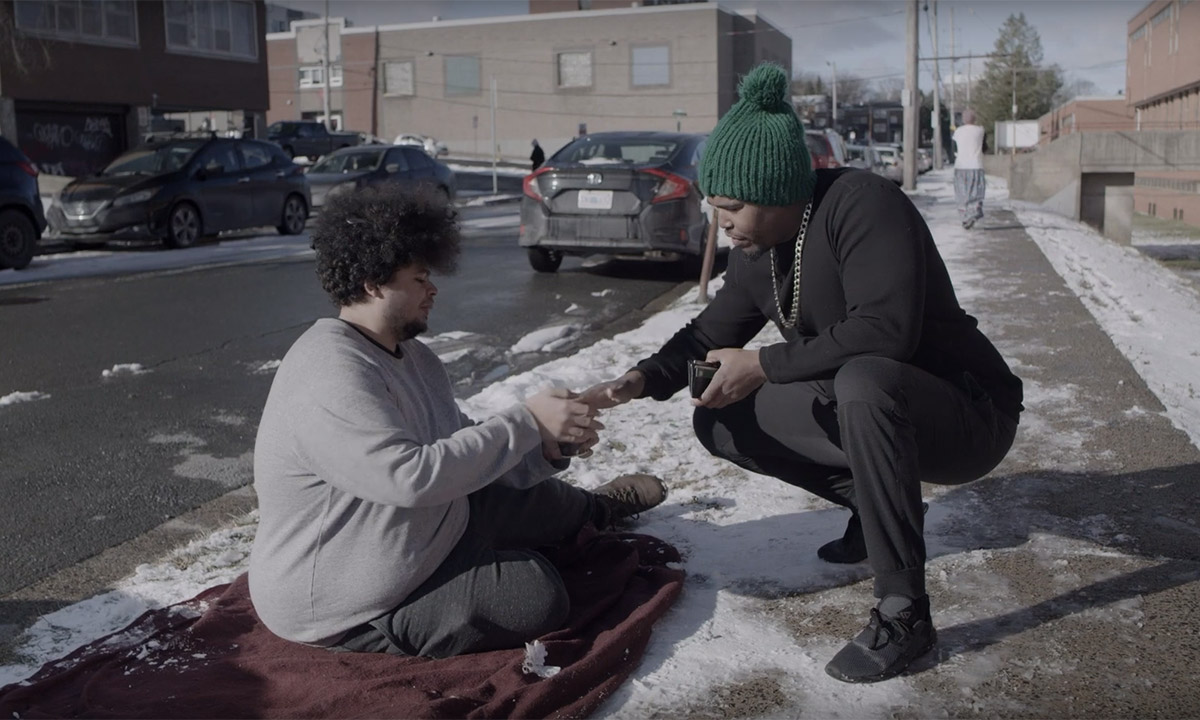
The creative energy generated by prolific creative Leanne Betasamosake Simpson spans literary, musical and visual mediums. The Michi Saagiig Nishnaabeg scholar, writer and artist is the recipient of the 2021 Willie Dunn Award, which is named after the legendary Indigenous musician and filmmaker and given to an artist who has demonstrated excellence within the music video or film production communities. Fittingly, Simpson covers Dunn’s stridently anti-colonial “I Pity the Country” on her latest Polaris Prize-shortlisted album Theory of Ice, and her commitment to raising awareness around the Indigenous relationship to the environment is manifested in the visuals for the project and deeply rooted in a communal approach. “Artmaking for me in an Indigenous context and in an Anishinaabe context is a communal process,” says Simpson. “I really like to collaborate with visual artists as a way of layering meaning into my work as a way of helping the sound travel to different communities to different mediums to different audiences, and to deepen this collaborative expression that I think has been part of Indigenous art making for millions of years.” As a recipient of the Willie Dunn Award, Simpson was asked to select an emerging Canadian creative to highlight and she chose Beatrice Deer who blends traditional Inuit throat singing with contemporary indie rock. “Beatrice’s work lifts up her community at every turn,” says Simpson. “Her videos of her music are such a gorgeous celebration of Inuit brilliance.”
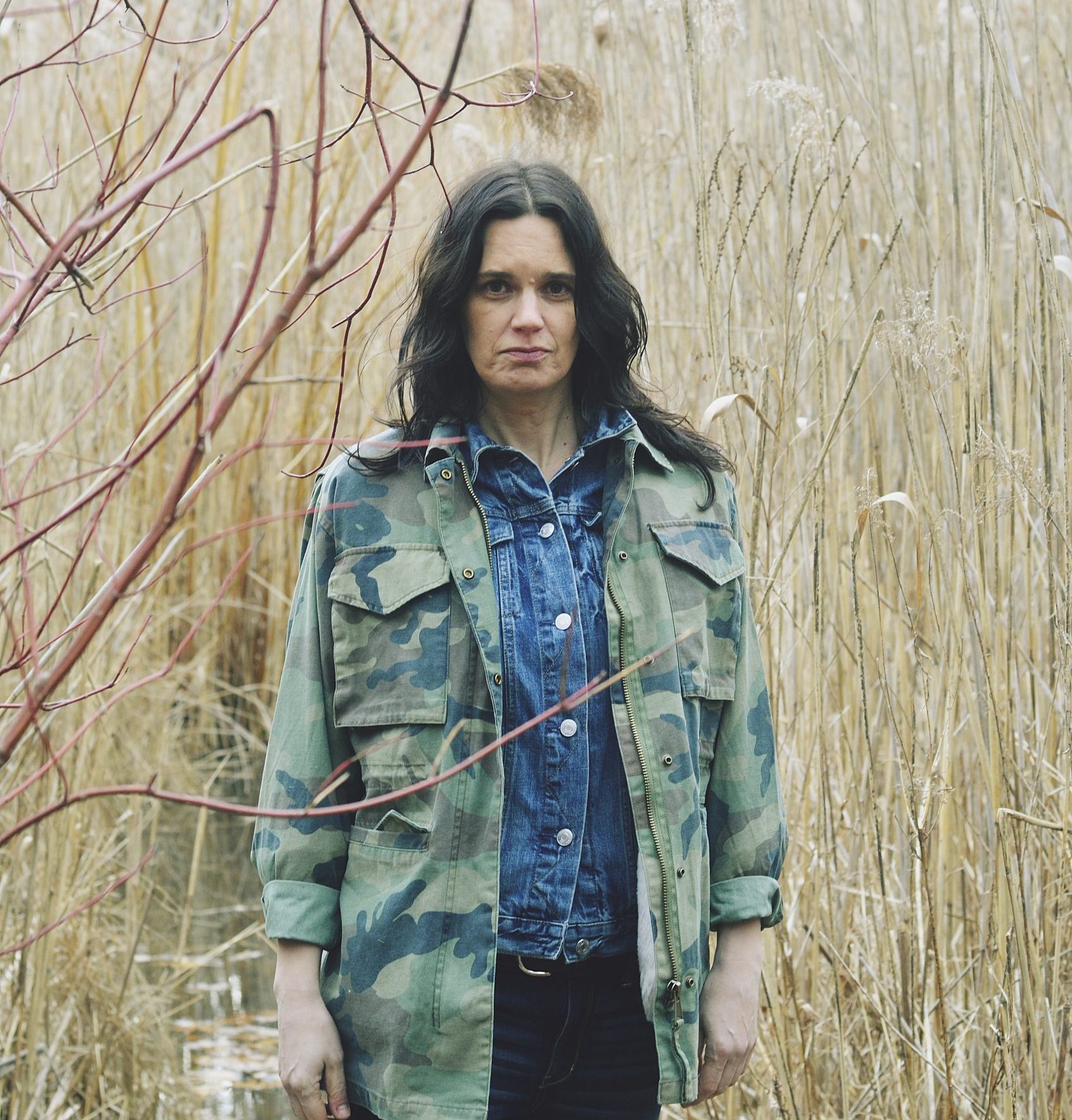
Vancouver’s Crack Cloud also aims to lift up their community which is often stigmatized and deprived of an authentic voice by society at large. The art punk and multimedia collective, headed up by Zach Choy, features many members who are recovering from drug and alcohol addiction. As recipients of the Hi Fidelity Award, which recognizes artists that use video art to represent their work in a consistently creative and innovative way, Crack Cloud recognizes the potential of visual storytelling to bring vital attention to a woefully underrepresented perspective. “I cover a subject matter that is often suffocated elsewhere,” says Choy. “As someone that grew up experiencing a great deal of alienation. I recall how important the world of fringe art was for me to feel a sense of solidarity that there were other people, other communities out there that have been through similar experiences.” The group’s dedication to unapologetically affirming the validity of their experiences and those they work with as harm reduction workers in Vancouver’s Downtown Eastside fuels their desire to connect with others. “We’ve always known that if we could connect the music to a defining or striking visual, we could inspire or touch viewers closer to the heart,” says Crack Cloud member Mohammad Sharar.
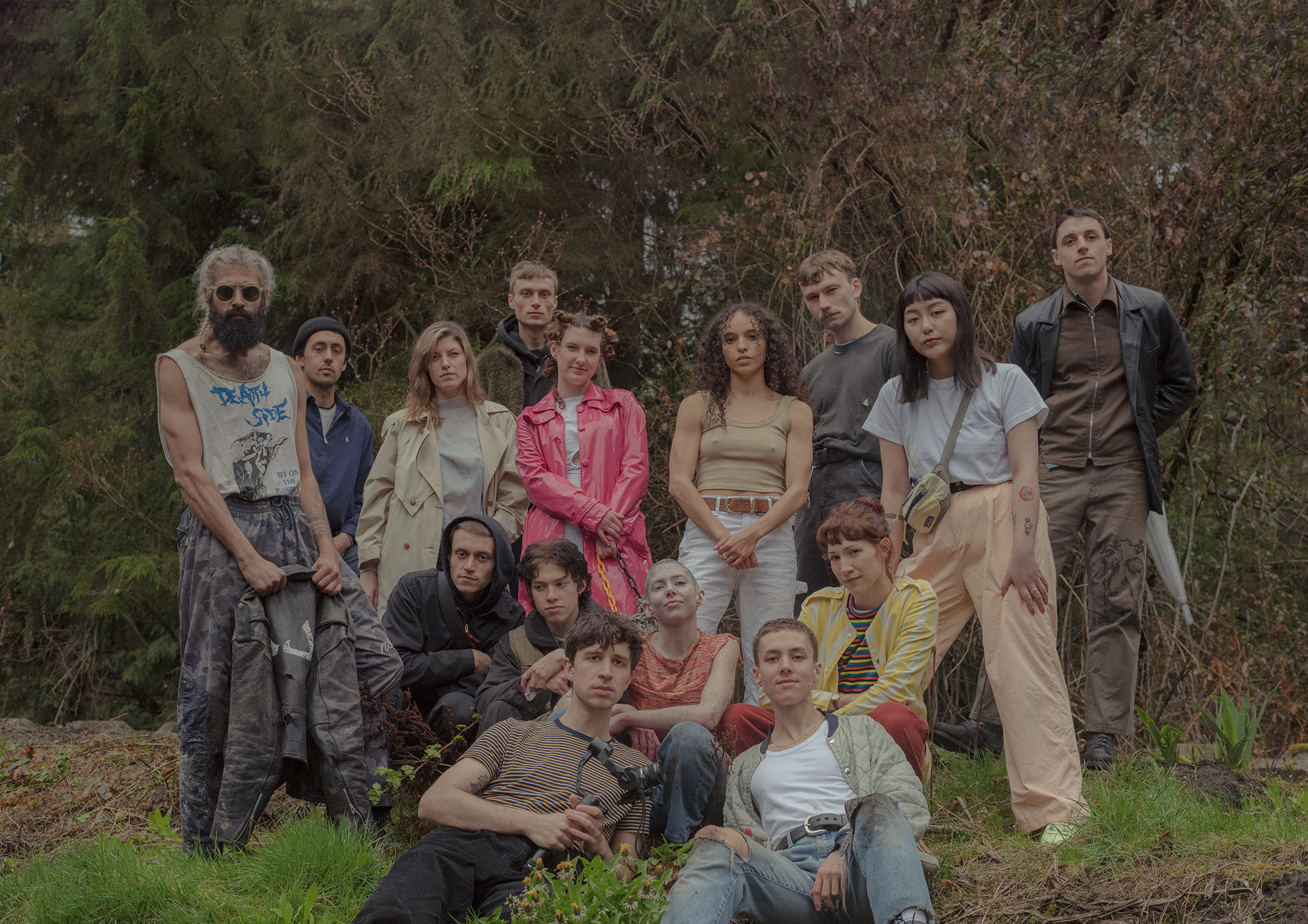
Touching the emotions of viewers is integral to the experimental work of Gennelle Cruz of Kid. Studio, who aims for what he calls ‘visual empathy’ with the audience in his work. The winner of the 2021 Lipsett Award, which recognizes a Canadian music video artist for innovative and unique approaches to music video art, Cruz asserts the connection to external community and audience stem from honesty being an integral part to every step of the creative process. “I think good music videos are made with those that you hold close to you and I guess it translates into the overall vibe of the whole set,” says Cruz. “And that vibe just brings itself into the final product.”
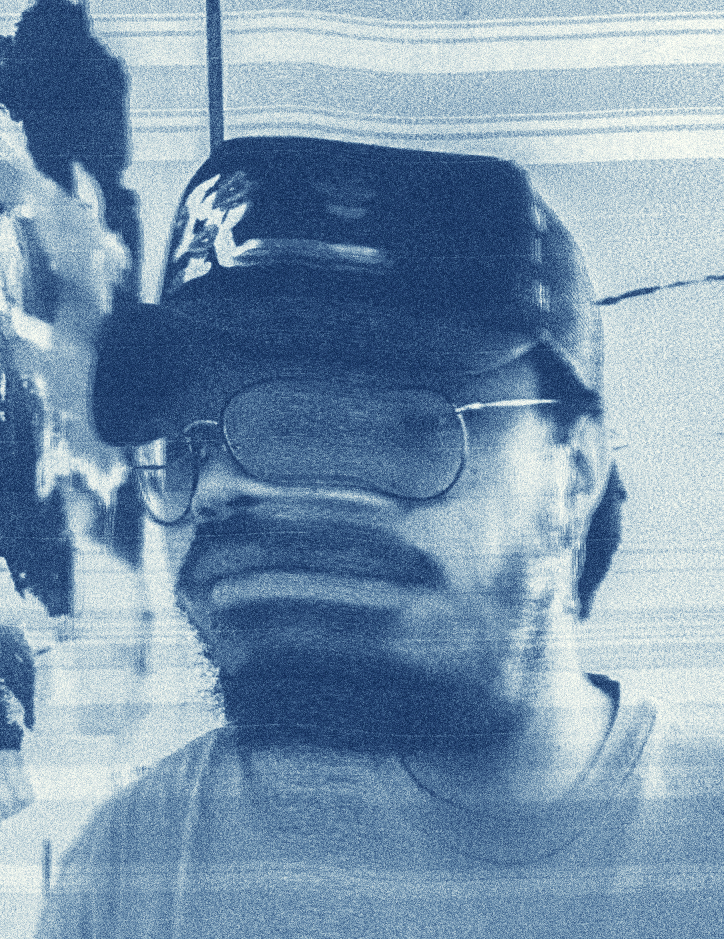
Jordan Oram, the recipient of the 2021 Special Achievement Award for his cinematography work with a range of A-list artists, builds on this idea of nurturing the collective mindset during the production and filming of music videos, urging emerging creatives to ‘lose your ego.’ But Oram also believes in the inspiration that music videos can spark for the future community of creative people beyond the final cut. For Oram, voicing these beliefs is not merely lip service. Through Hire Higher, his own mentorship initiative to elevate diversity and equity through music video, television and film production, the commitment to forging a future collective path to success for the community is paramount. “I hope the next generation of filmmakers can take what I’ve shared over the years as a blueprint to follow and create their own path, trust their natural instinct, lose all forms of self doubt and fail as fast as possible,” says Oram, talking to the Academy.

“I really hope that the viewers that can see my work will be inspired, re-energized and motivated to think outside the box and challenge their creativity to fall in love with curiosity, what they do and why they do it.”
Watch the 2021 Prism Prize here.

